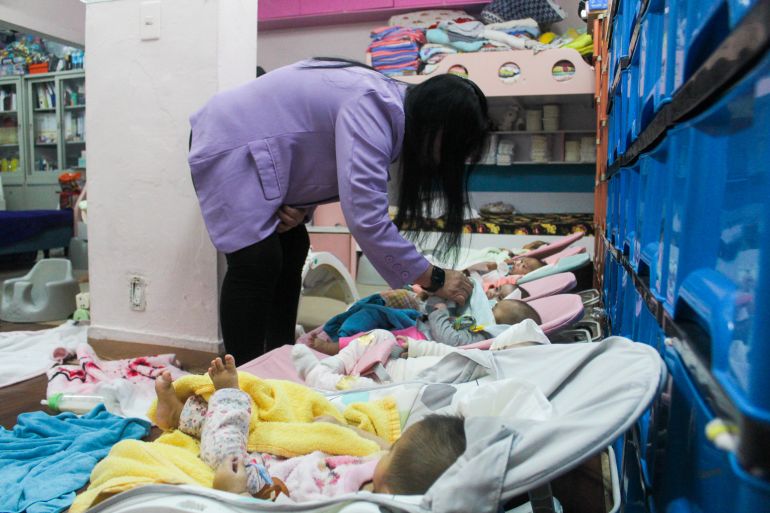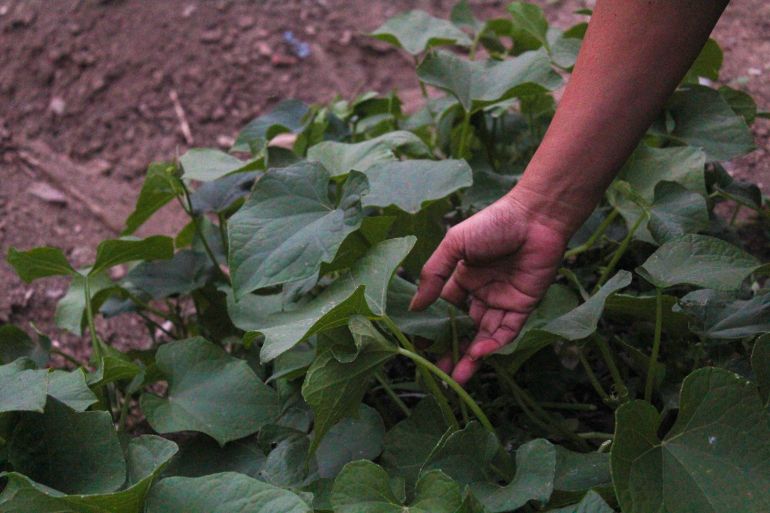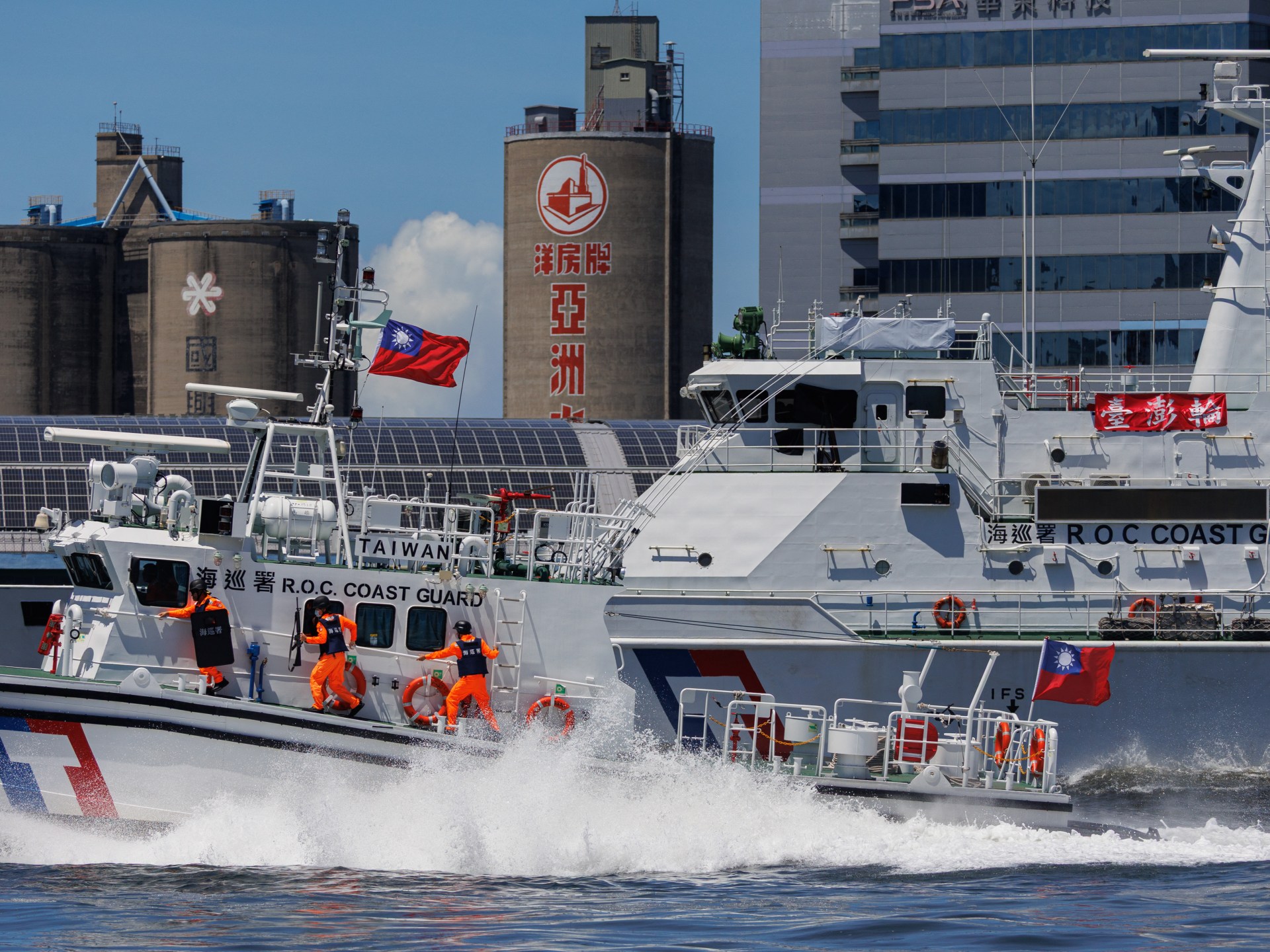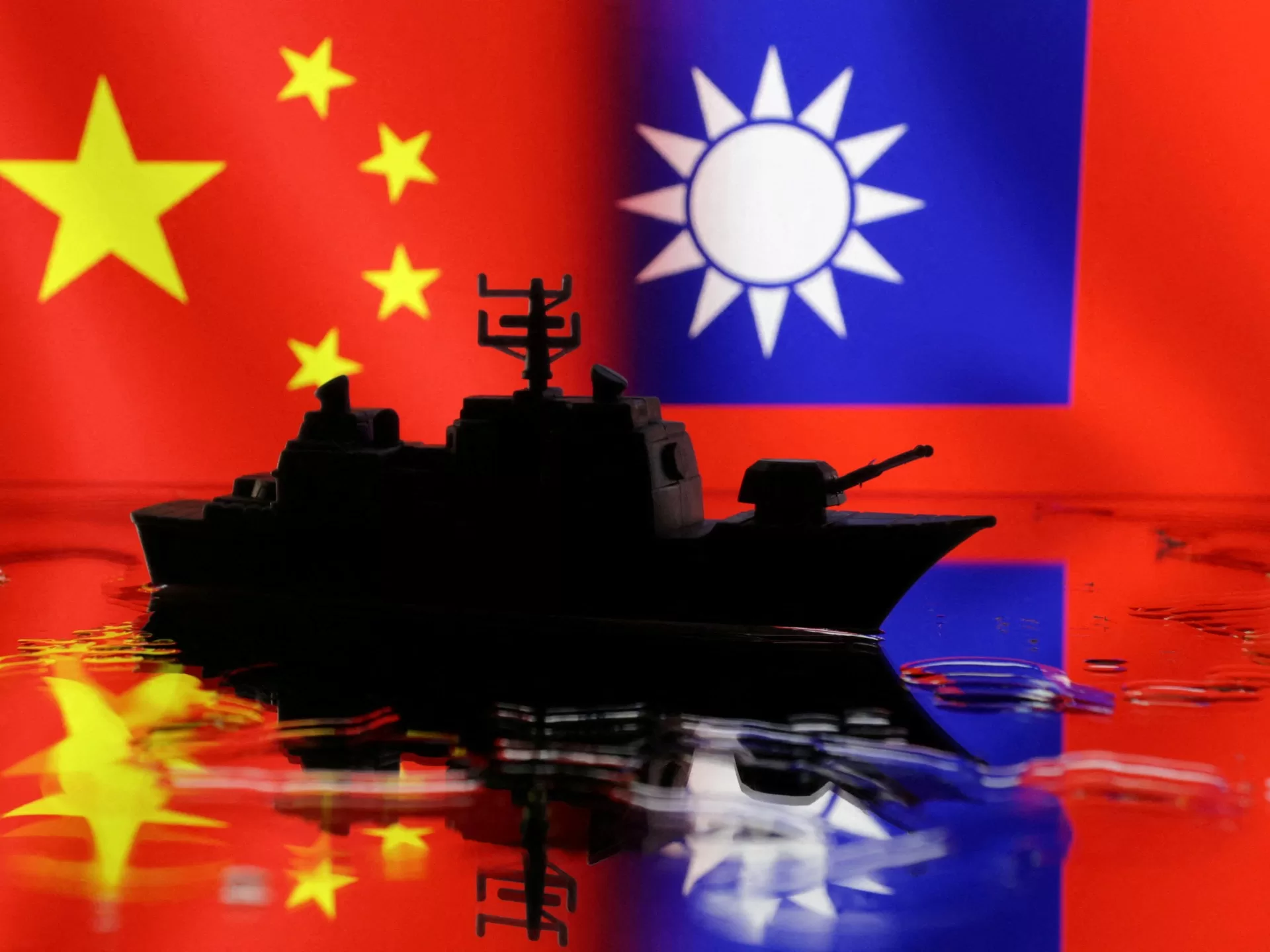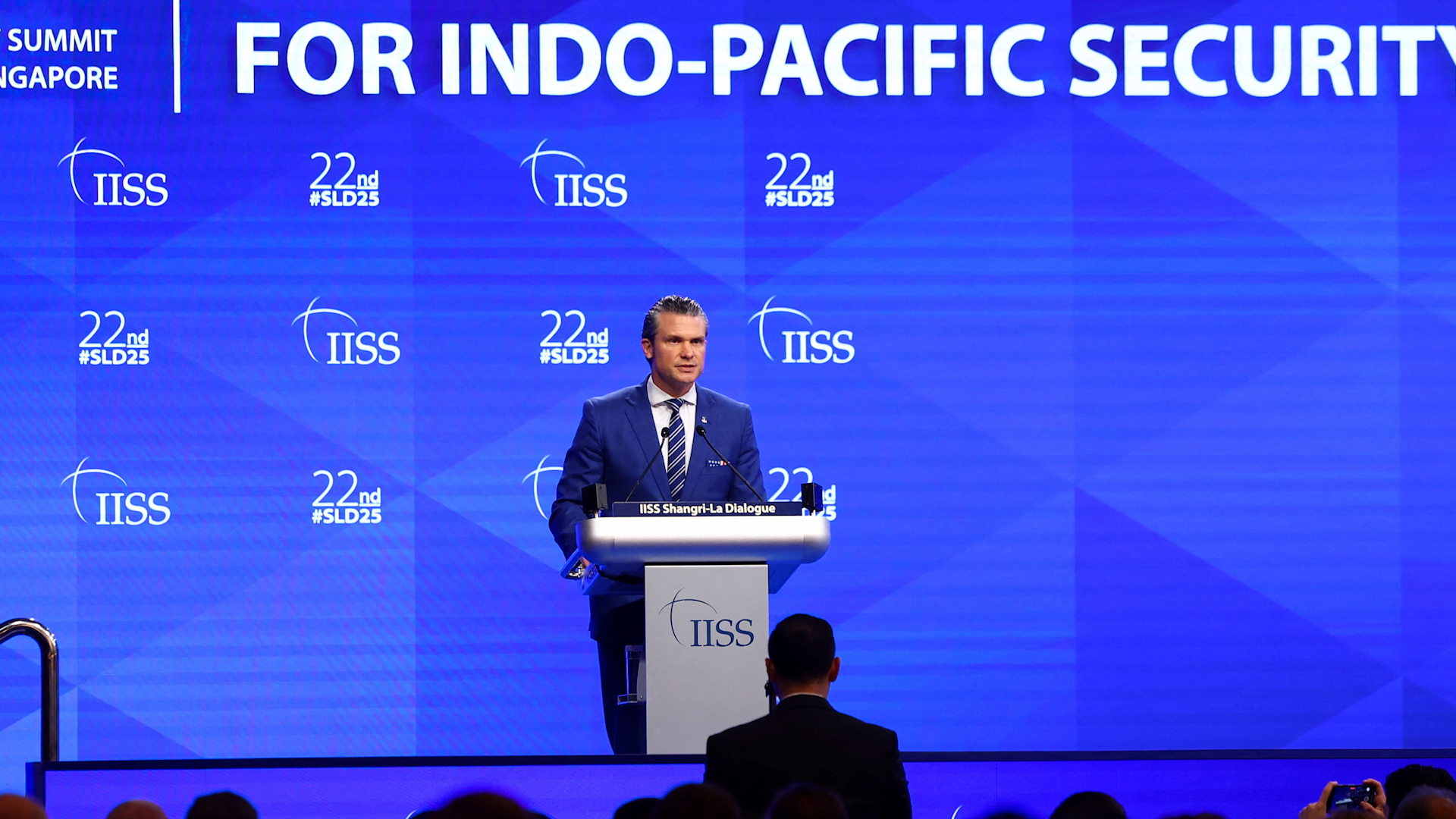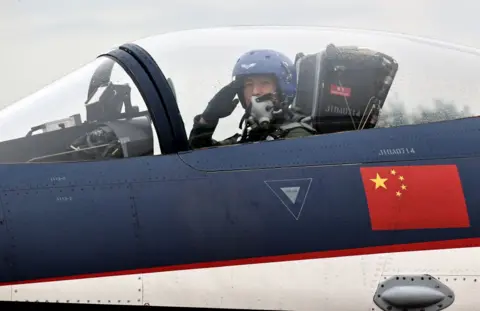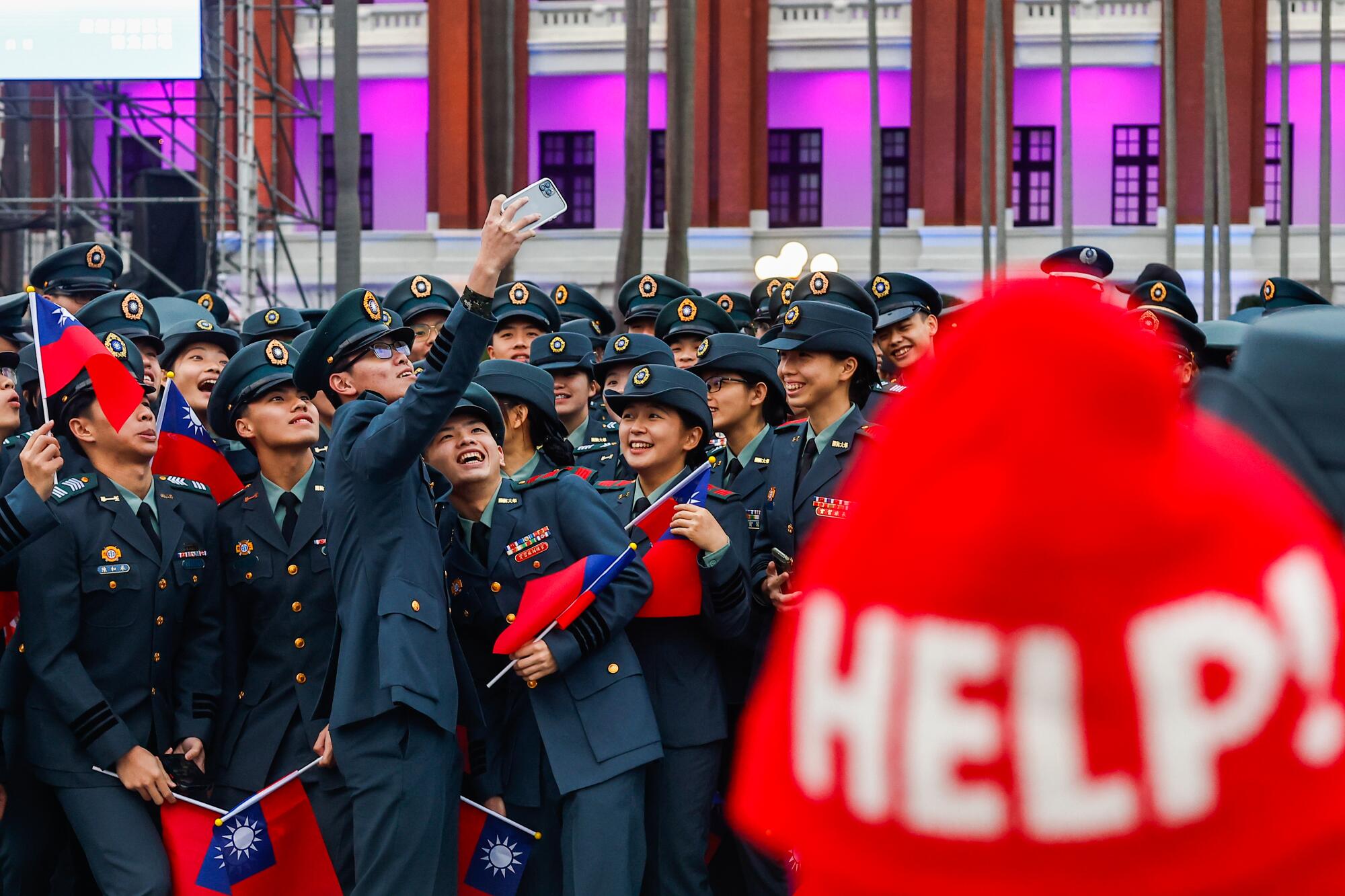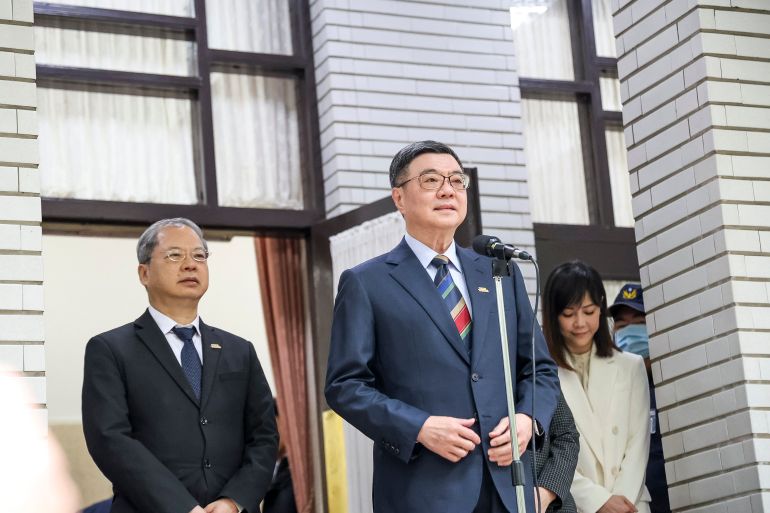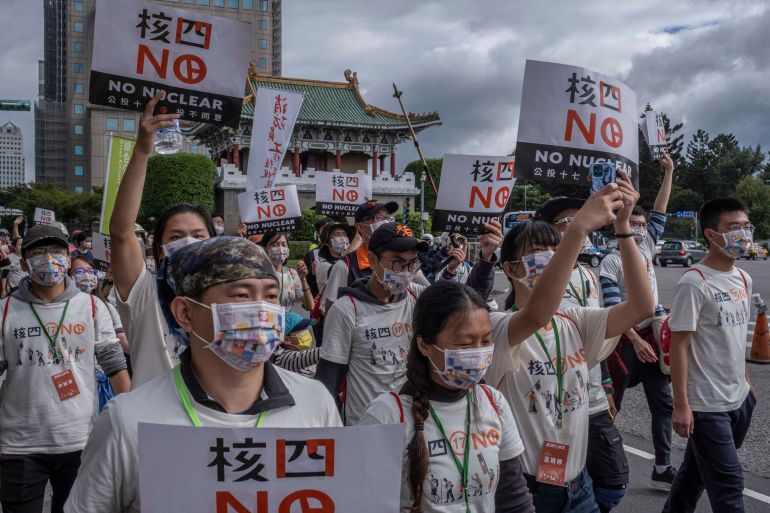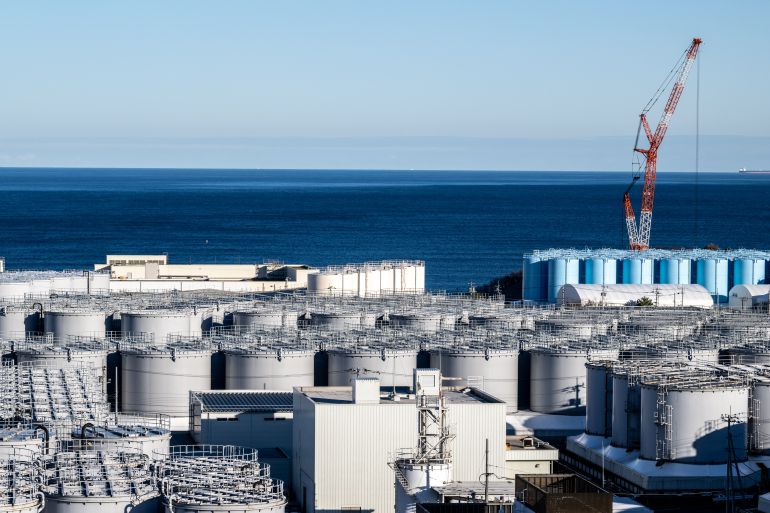Taiwan Teams Up With Kratos On Jet-Powered Kamikaze Drone
Kratos has confirmed it is working together with Taiwan’s National Chung-Shan Institute of Science and Technology (NCSIST) on a derivative of its jet-powered MQM-178 Firejet target drone called the Chien Feng IV. The Chien Feng IV is said to be eyed primarily as a lower-cost, longer-range kamikaze drone, and NCSIST is reportedly looking toward potential export opportunities along with sales to the Taiwanese military.
United Daily News in Taiwan was the first to report on the Chien Feng IV this past weekend, citing comments from NCSIST. A government-owned organization, NCSIST conducts advanced military research and development and test and evaluation work. The drone is set to make its official public debut at the biennial Taipei Aerospace & Defense Technology Exhibition next month.
“We can confirm the exciting partnership” with NCSIST and that the Chien Feng IV “is a derivative of the MQM-178 system,” Steve Fendley, president of Kratos’ Unmanned Systems Division, told TWZ. “Development started early this year and is progressing rapidly.”

“We expect that by the end of this year, we will receive a sole-source contract for the Kratos Airwolf tactical jet drone, which could lead to a production contract in late 2026,” Kratos’ CEO Eric DeMarco had also said during a quarterly earnings call earlier this month.
Airwolf, also referred to as Tactical Firejet, is based on the MQM-178 design, as well.
DeMarco’s “comment was tied to two opportunities, this partnership [with NCSIST] being one of them,” Fendley also told TWZ.

Fendley declined to provide more details about Chien Feng IV, saying that more information would come at the exhibition in Taipei in September. United Daily News‘ report also offered few specifics, but said that NCSIST had described the drone as being able to serve as a “low-cost cruise missile.”
The Firejet/Airwolf family offers a logical starting place for a Chien Feng IV drone that skirts the increasingly blurry line between longer-range kamikaze drones and cruise missiles, as well as decoys.
Kratos says the 10.8-foot-long MQM-178 with its wingspan of 6.5 feet can carry around 70 and a half pounds of payload internally, as well as nearly 35 pounds more under each wing and an additional 20 pounds in pods on each wingtip. It can get up to speeds of 0.69 Mach, as well as fly at altitudes anywhere between 20 and 35,000 feet. Designed as a target to fire air-to-air and surface-to-air missiles at during training and testing events, Firejet can pull turns down to -2 and up to +9 Gs. The drone is launched via catapult, but no mention is made of it being designed to be recoverable.
Airwolf has the same physical dimensions and general mode of operation as Firejet, but has a reworked internal arrangement to better allow it to be configured for tactical mission sets, including acting as a ‘loyal wingman’ for crewed aircraft. Kratos says it is recoverable via parachute and has a maximum range of 400 nautical miles and a maximum endurance of 1.3 hours.

Kratos’ website also describes Airwolf as being “low signature,” but does not offer specifics. On top of its relatively small size to begin with, the drone’s carbon fiber composite construction would help its radar cross-section. Route planning involving a low-level flight profile masked by terrain features could also help it evade detection.
With all of this in mind, the MQM-178-derived Chien Feng IV could possibly be configured for other roles beyond one-way attack, including electronic warfare and communications signal relay.
Even from what little is known about the Chien Feng IV now, it reflects broader trends globally. Just in the past few years, the ongoing war in Ukraine, attacks by Houthi militants in Yemen on ships in and around the Red Sea and targets in Israel, and fighting between Iran and Israel have underscored the value of and threats posed by long-range kamikaze drones. Jet-powered types have already begun to emerge, offering further boosts in capability and presenting new challenges for defenders, as TWZ has highlighted in the past. Armed forces around the world, including the U.S. military, are taking notice. Something of an industrial arms race to create new modular, relatively cheap, and small uncrewed aerial systems has now emerged, particularly in the United States.
United Daily News‘ report this past weekend said that NCSIST had stressed that there was no commitment yet from any branch of Taiwan’s armed forces to buy Chien Feng IVs. At the same time, the organization said that it could be a valuable companion to traditional cruise missiles in Taiwanese service, like the Hsiung Feng IIE (HF-2E).
With help from the U.S. government, Taiwan has been working to significantly expand its arsenal of one-way-attack drones, as well as other uncrewed aerial and maritime systems, in the past few years. There has been a certain degree of additional openness with regard to this cooperation from U.S. defense contractors recently. Earlier this month, Anduril very publicly announced the opening of an office in Taiwan and expanded cooperation with NCSIST, all with a heavy focus on its ALTIUS line of drones, which can be configured as loitering munitions and for other roles. The U.S. government approved the sale of nearly 300 ALTIUS 600M-V loitering munitions to Taiwan last year.

For Taiwan, this is part of a broader effort, which has been referred to in the past as “Hellscape,” that envisions the Taiwanese military flooding the air and waters around the island with relatively uncrewed platforms in the event of a military invasion from the Chinese mainland.
Especially if it is a relatively low-cost design, Chien Feng IV, as well as other longer-range kamikaze drones, could also offer a way to extend the Hellscape plan to attacks on targets on the other side of the Taiwan Strait. As noted, Airwolf’s stated maximum range is 400 nautical miles. The Taiwan Strait, at its widest, is some 97 nautical miles across. Massed Chien Feng IV attacks would also force Chinese forces on the mainland to expend commensurate amounts of interceptors. Higher-flying jet-powered drones would, in turn, require higher-end interceptors to be employed, as well.
In addition, United Daily News‘ report said that NCSIST had explicitly highlighted potential export opportunities for Chien Feng IV, which speaks to the growing global interest in the kinds of capabilities this drone could offer. Hurdles would exist for any direct exports from Taiwan, which occupies a complicated space when it comes to foreign relations, but a partnership with a U.S. company like Kratos could help in that regard. In 2023, reports emerged that the United States could buy retired HAWK surface-to-air missile systems from Taiwan and then transfer them to Ukraine, as another example of an indirect workaround.
More details about the Chien Feng IV are set to emerge next month at the Taipei Aerospace & Defense Technology Exhibition. However, it is already an important reflection of new and expanding ties between Taiwan and the U.S. defense industry, as well as global trends when it comes to the new, longer-range kamikaze drones.
Contact the author: [email protected]
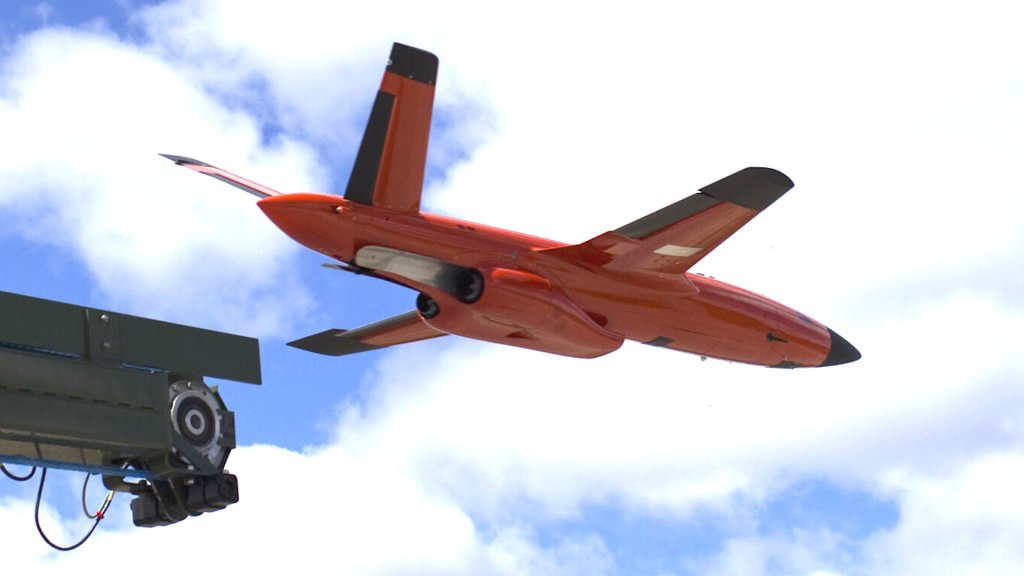
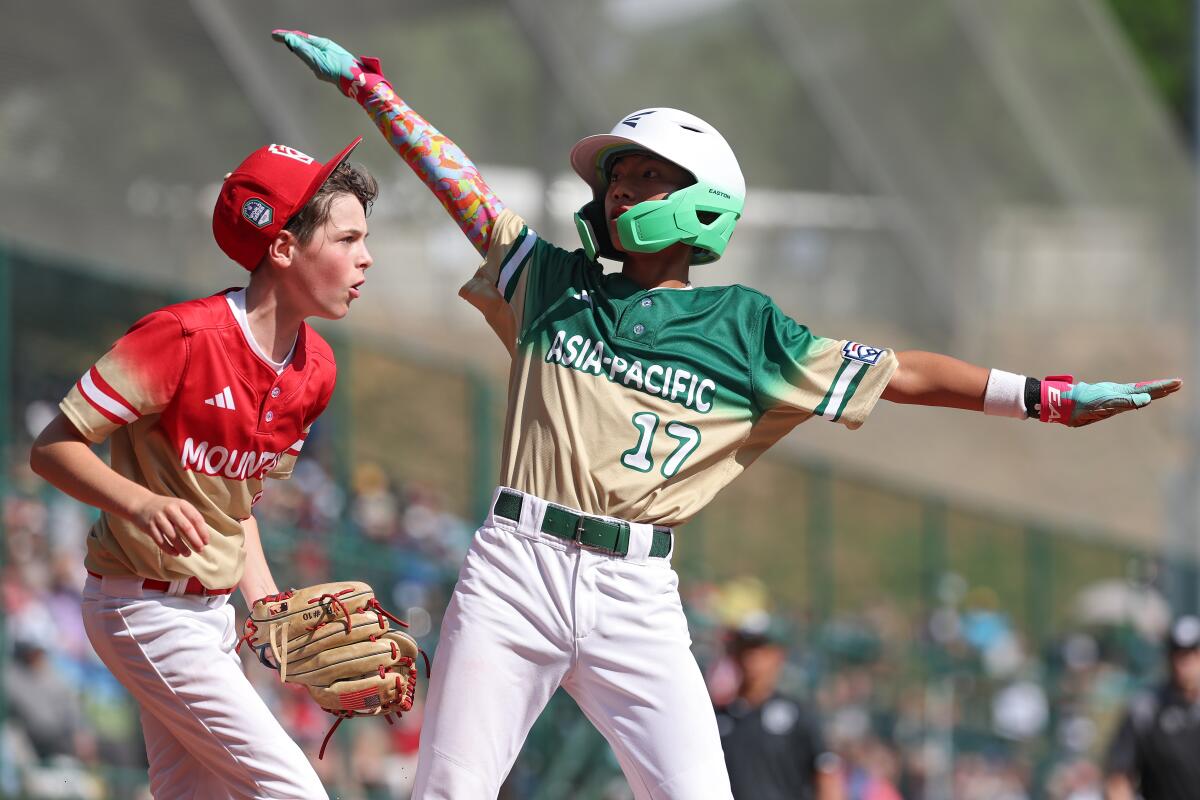
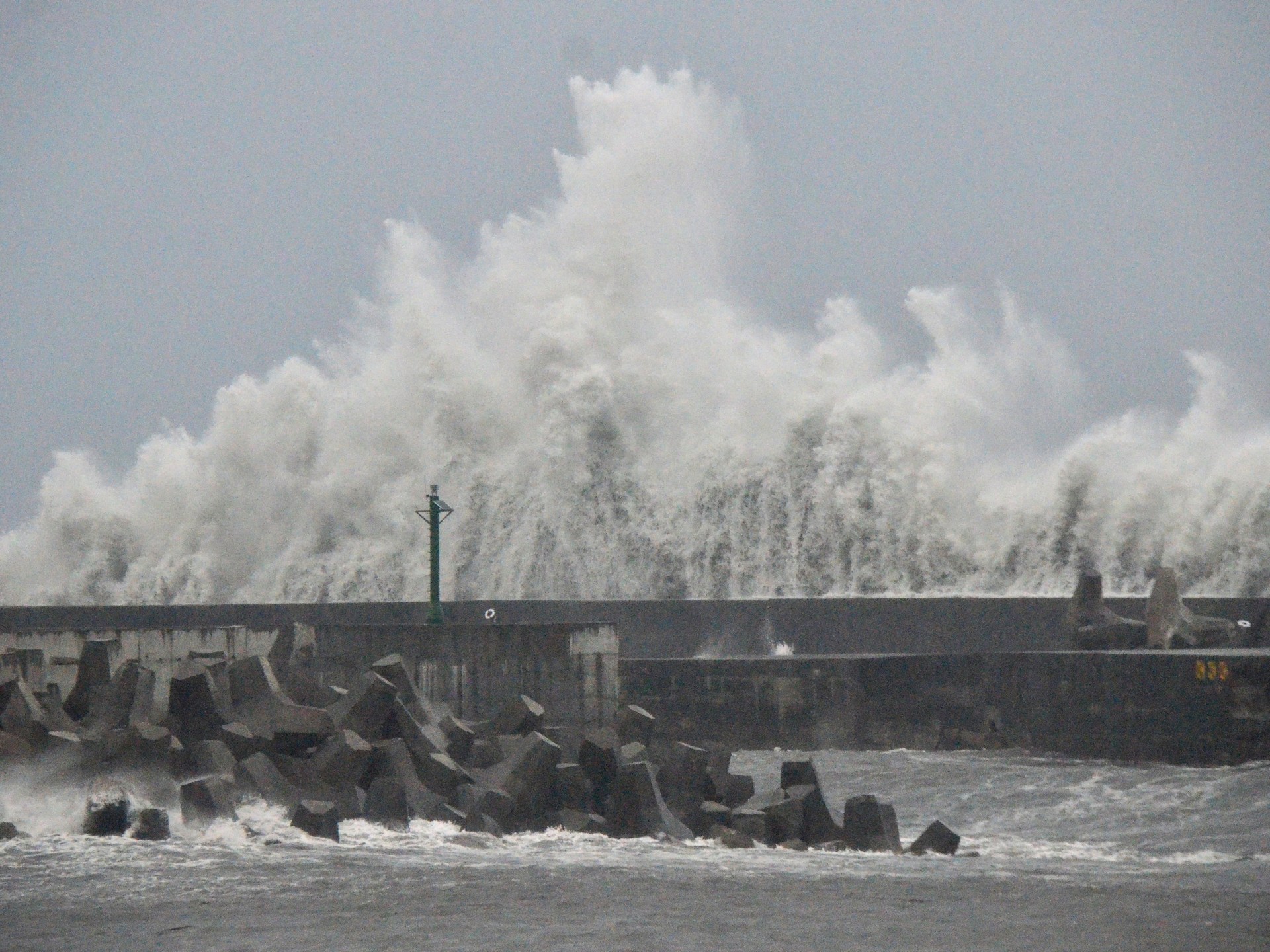
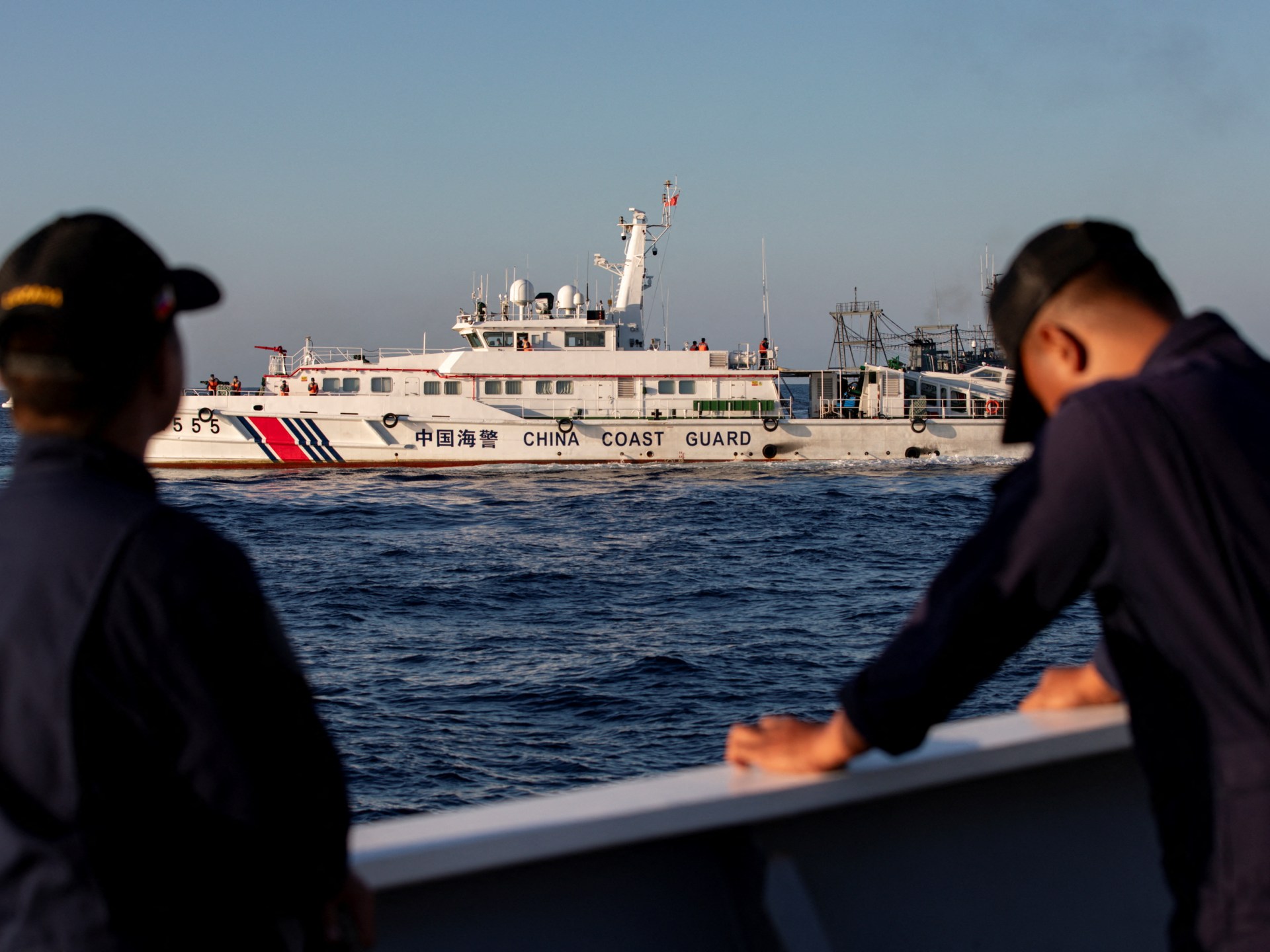
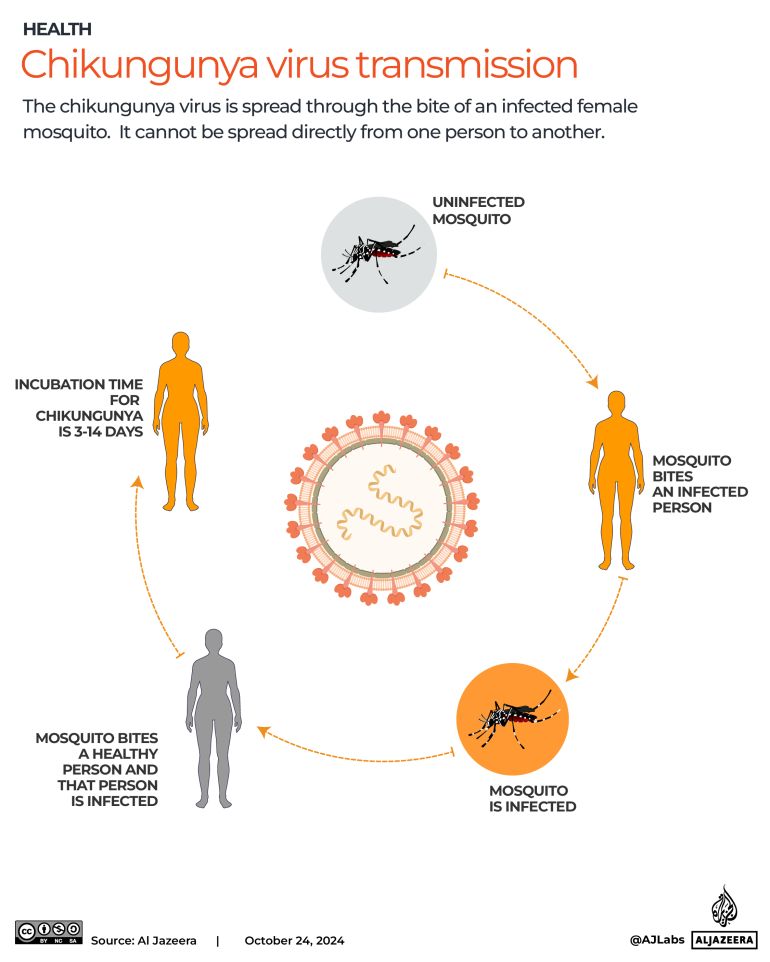



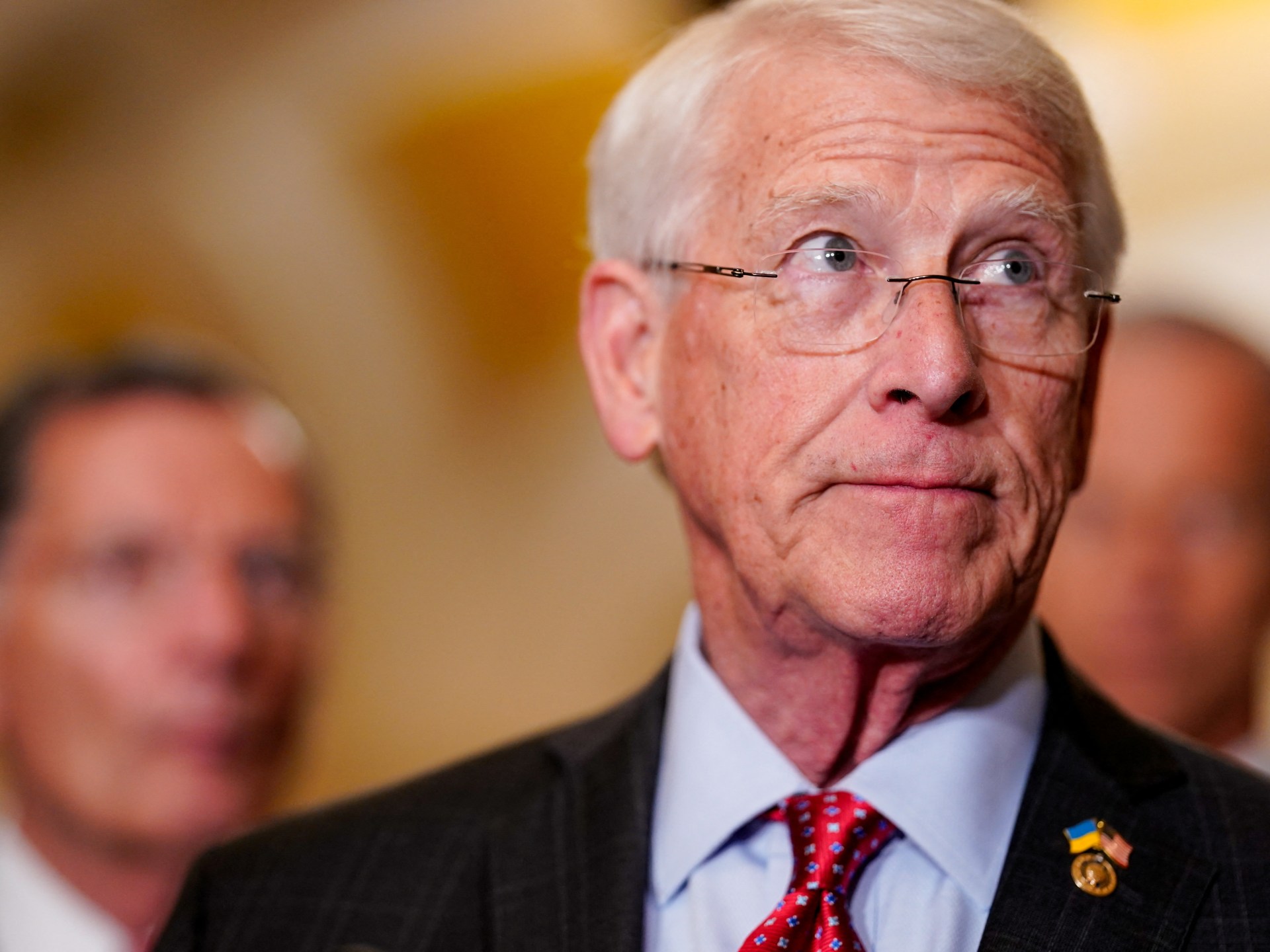
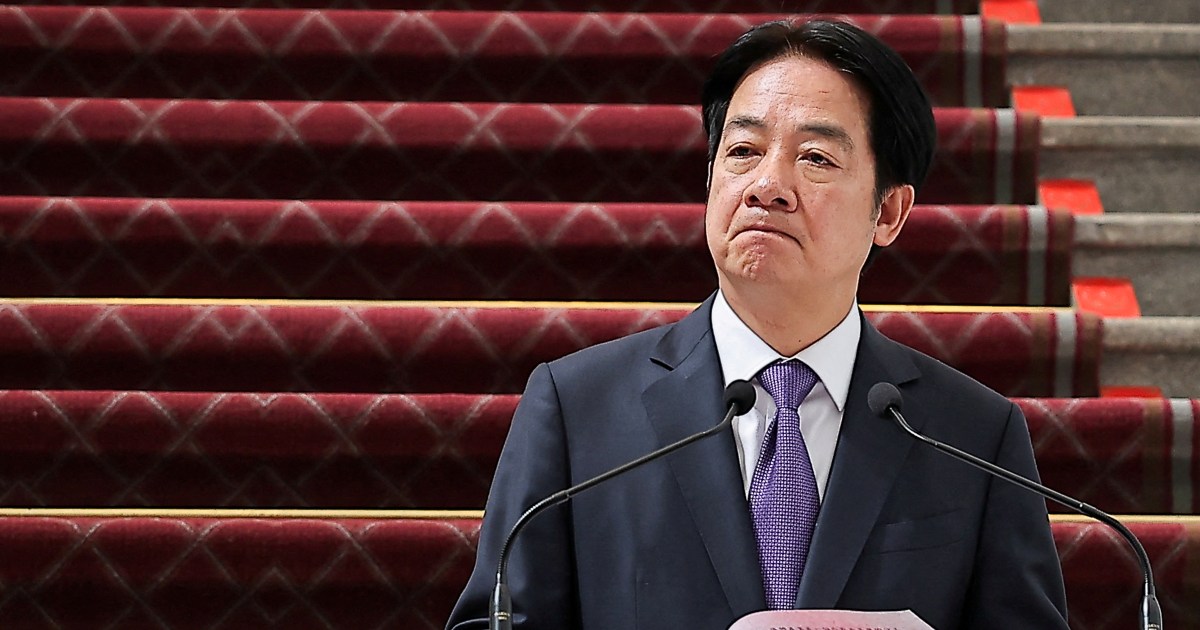
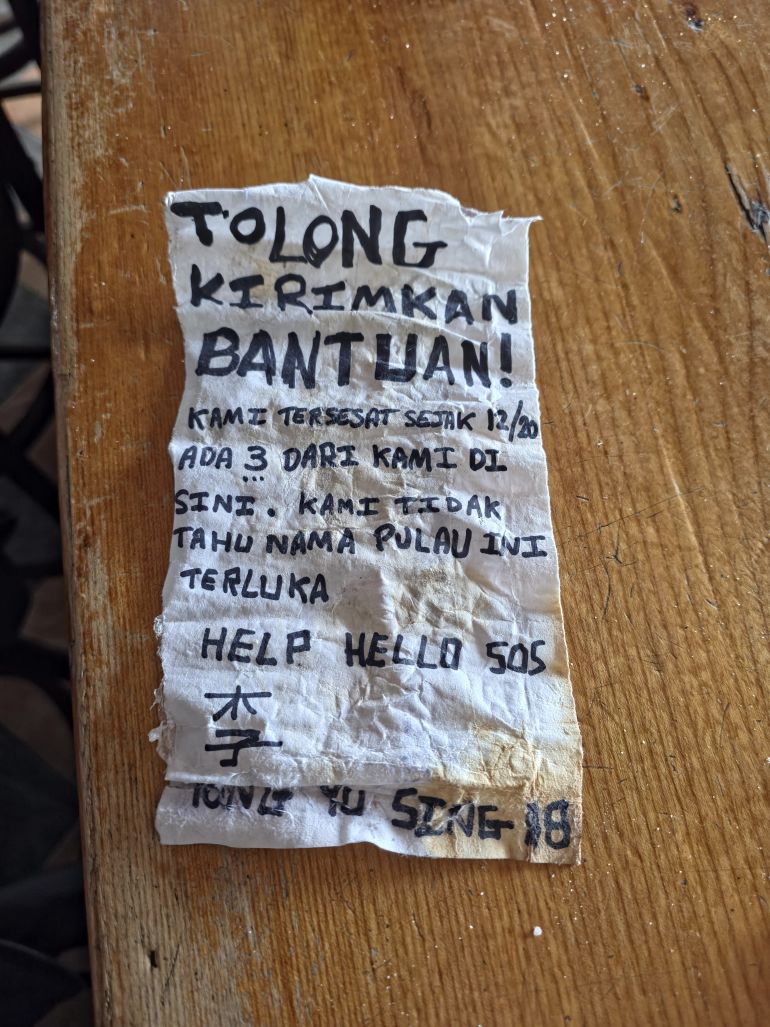

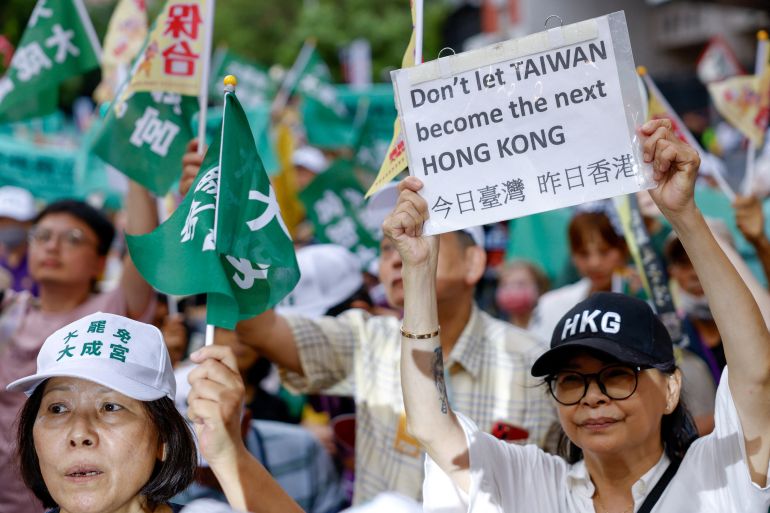

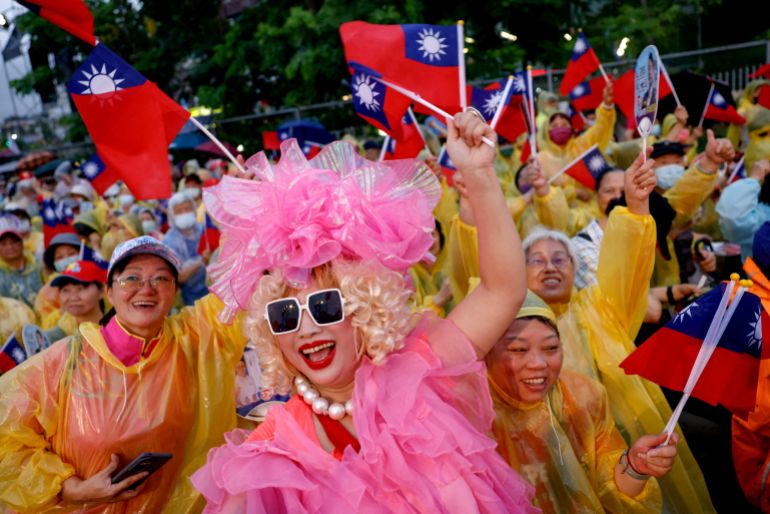
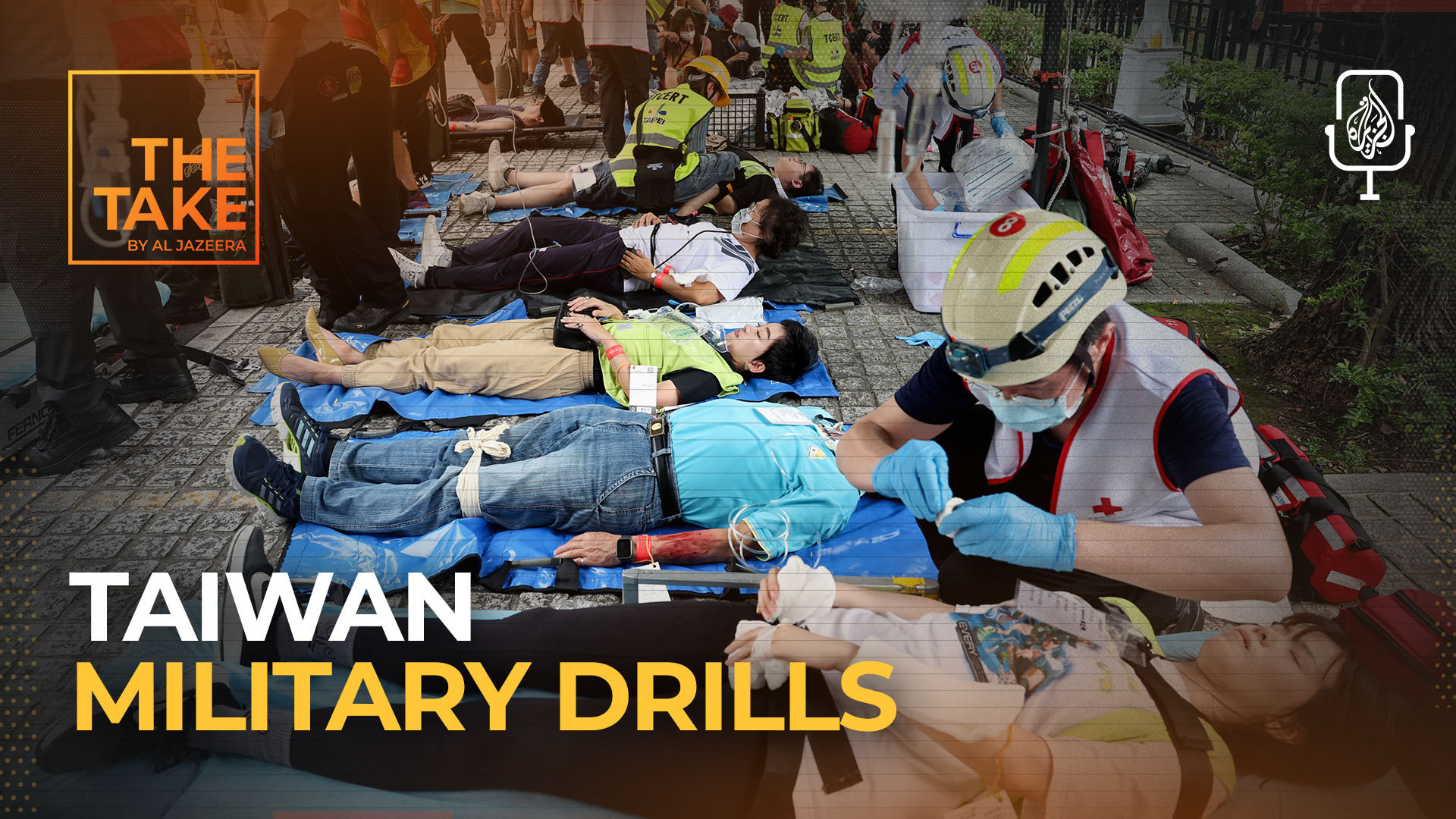
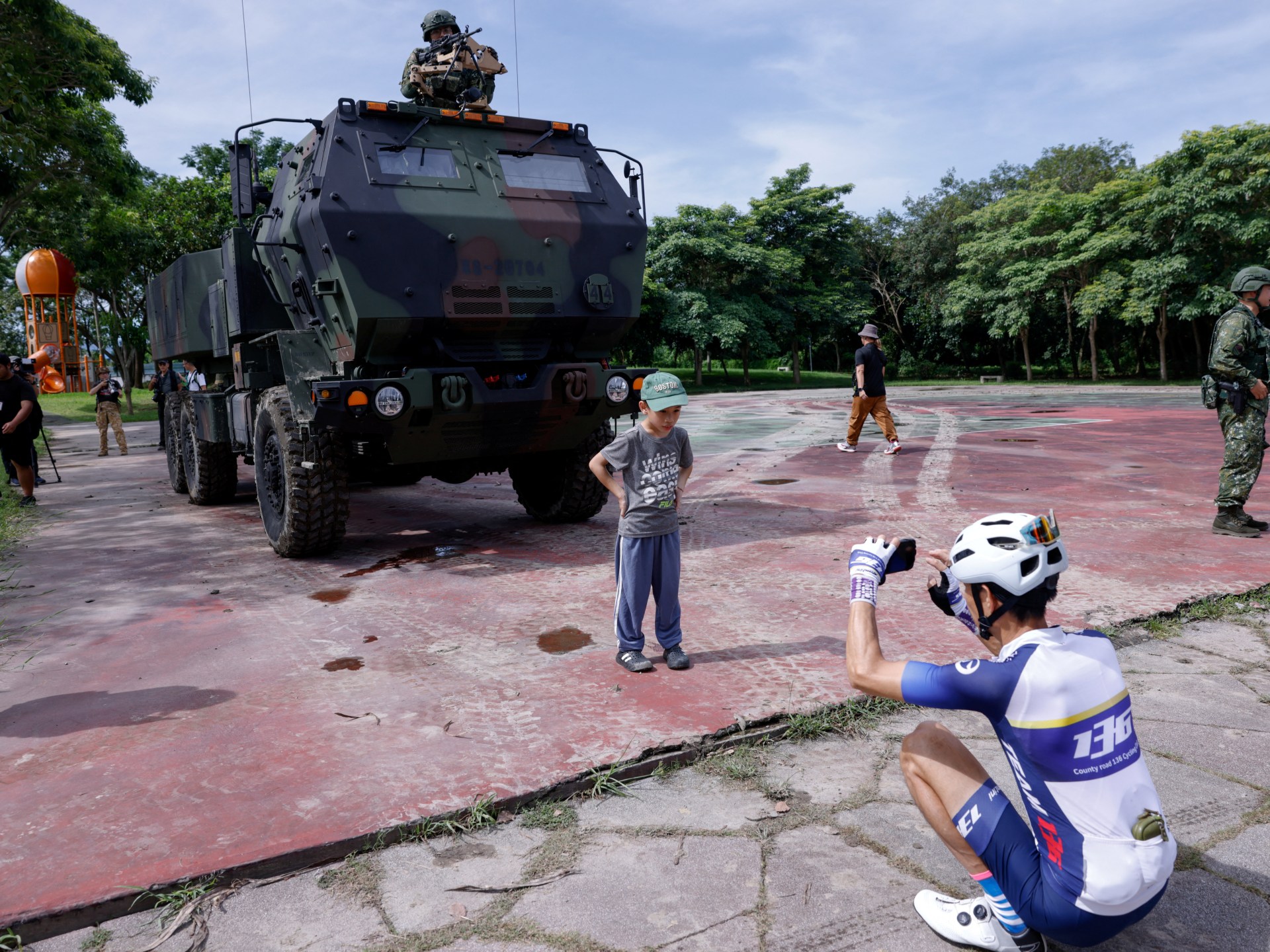
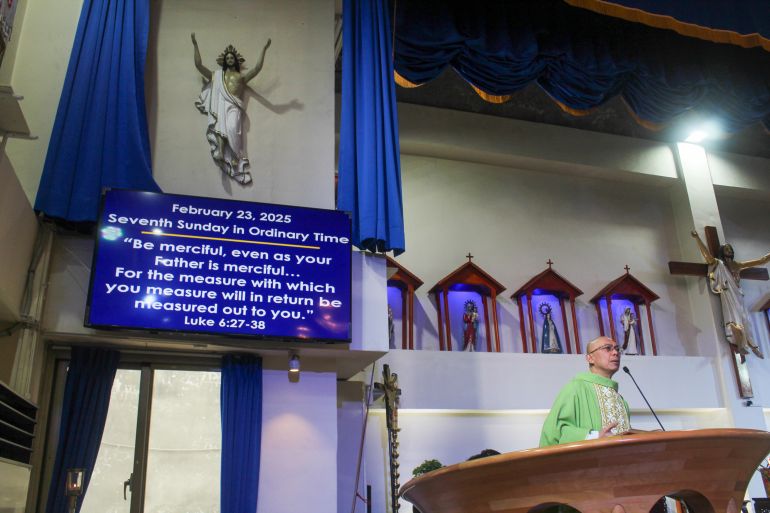
![Joy Tajonera celebrates Sunday Mass at Taichung Catholic Church in Taichung, Taiwan, on May 23, 2025 [ Michael Beltran/Al Jazeera]](https://www.occasionaldigest.com/wp-content/uploads/2025/07/Father-Joy-Tajonera-holding-sunday-mass-1751871878.jpg)
